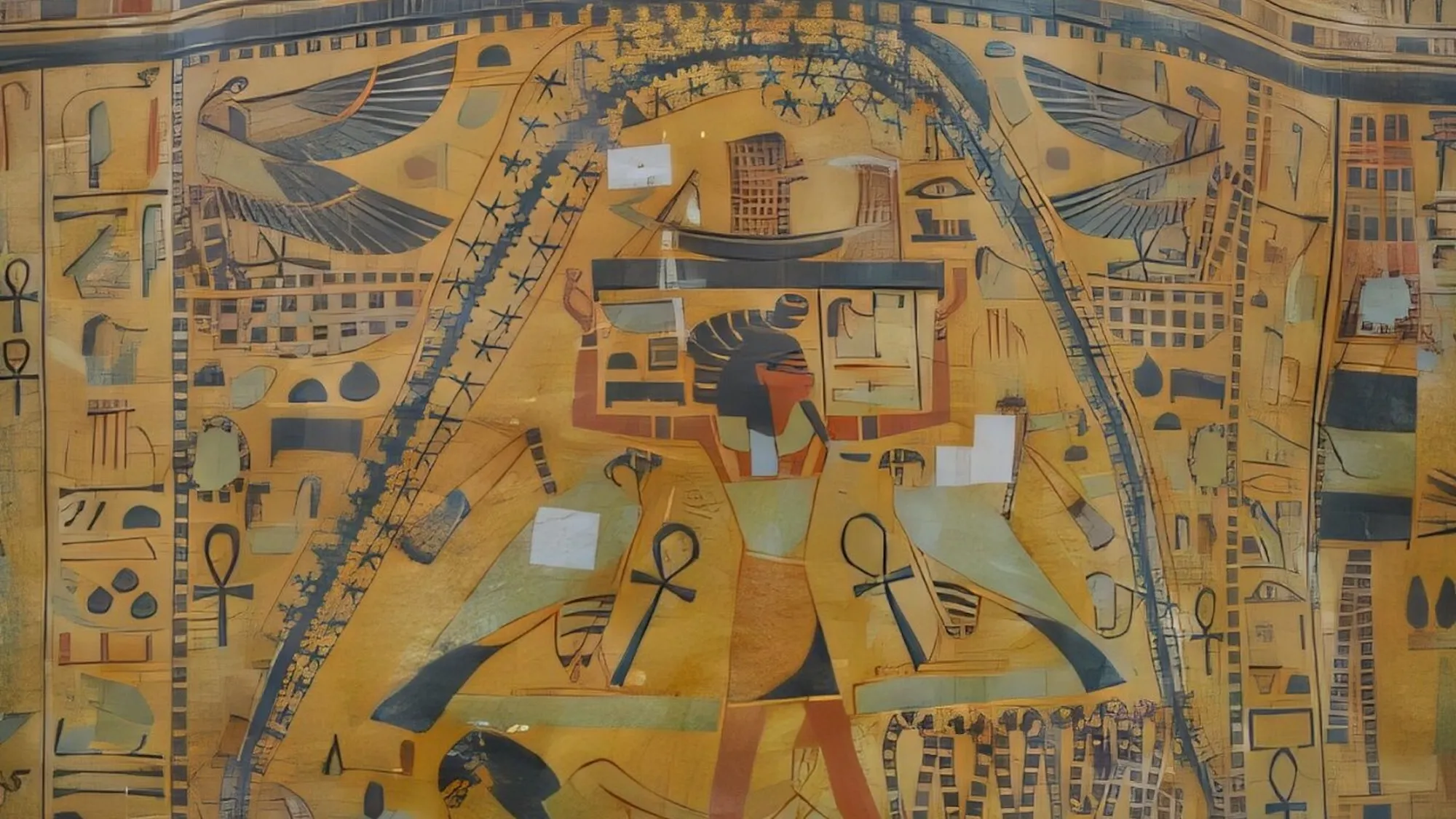MI weekly selection #601
MI weekly selection #601

Pacific Ocean hotspot linked to volcanic features
A study by geologists has connected the Louisville hotspot in the Pacific Ocean to both the Louisville Ridge and the Ontong Java Plateau, the largest volcanic plateau on Earth. “This finding offers us a more accurate history of the Pacific and its volcanic activity and helps us understand more about the dynamics and style of volcanism that occurs there,” said Val Finlayson, lead author of the study.
Full Story: Earth
Egyptian goddess Nut may have worn the Milky Way
New research proposes that the ancient Egyptian sky goddess Nut might have been associated with the Milky Way, based on analysis of 125 images of Nut on coffins and tomb murals. Nut is often depicted as a woman covered in stars, and some artwork shows an undulating black curve, which could represent the Milky Way’s Great Rift.
Full Story: Popular Science
Chimps heal faster than humans, study finds
Humans heal wounds at a rate three times slower than chimpanzees. This finding suggests an evolutionary adaptation in humans not shared with other primates or mammals. The researchers propose that differences in skin and sweat-gland density may play a role, with human social groups and medicinal practices helping to offset the slower healing rate.
Full Story: Live Science
Comet impacts can disrupt tidally locked exoplanets
Researchers have modelled the impact of comet collisions on tidally locked, Earth-like exoplanets, finding that even small impacts can significantly disrupt climate, deliver oxygen and contribute to ocean formation. The study uses the TRAPPIST-1e exoplanet as a model and suggests that these events might be observable with current space telescopes.
Full Story: PhysOrg
Arctic plant changes a warning of climate upheaval
Researchers have found that Arctic ecosystems are undergoing unexpected changes due to climate change, with some areas seeing a rise in biodiversity. While this may seem beneficial, experts warn of the consequences, as the competitive nature of shrubs could lead to the displacement of native species and affect food security for local wildlife and communities.
Full Story: The Guardian